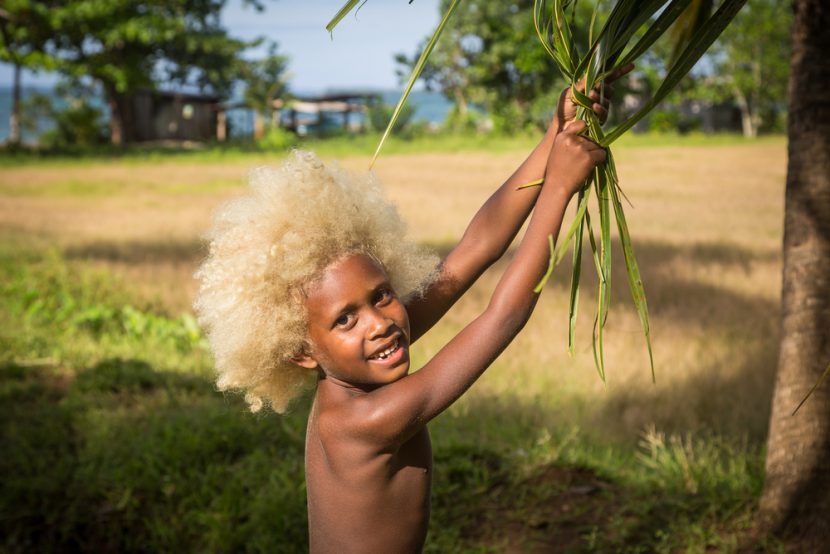Combatting the consequences of environmental degradation is a precondition for every child’s development in accordance with their inherent rights. These environmental instabilities affect not only present generations, but also endanger children who are to become part of our world in the future.
Balance is crucial between social needs and nature’s capacities
Continuing depletion and pollution of natural resources will never allow us to reach a balance between actual social needs and the capacity of our environment to remain both an adequate human habitat and a vital provider for many social objectives.
Fresh water scarcity and degradation, air pollution as a consequence of overpopulated areas and industrial activity, as well as the widespread threats to our ecosystem and its species, are simply a few indicators of this pressure on our environment.
An irresponsible approach towards the deterioration of living conditions, threatening people’s lives and health, will lead to a situation where every fundamental aspect of human development is at risk and exposed to challenges and limitations from a deeply transformed environment.
Mismanagement of natural resources and serious environmental degradation have always been the consequence of human attempts to shape our world. However, our ability to cause irreversible harmful changes appears to be a relatively new risk, and the balance between our needs and our available resources is at stake.
Why is this issue especially important from a children’s rights viewpoint?
Although there are many disputes about whether the right to a safe environment should be defined as a fundamental human right, the respect and protection of the values that stand behind it are undoubtedly closely interconnected with the human rights to life and health. Pollution of natural resources such as air, water and soil particularly affect children, whose fundamental rights to good health and proper growth are violated by influences far beyond their reach and comprehension.
No child should suffer from the harmful disturbances caused by human activities or the absence of adequate sanitary conditions, and undisrupted access to fresh water and uncontaminated food must be respected in all circumstances.
Since some forms of environmental degradation may soon reach the point where they will be irreversible, the negligence of previous generations can compromise the development of children who are yet to be born.
Unfortunately, the transformation of our natural environment has already become an intergenerational issue and harmful human influence cannot be significantly improved in just one generation.
On the other hand, protection of children’s rights could be also defined as an intergenerational issue, since every child’s development is unimaginable without previous generations’ support and assistance.
Combatting environmental degradation has the potential to be the element of support with the most far-reaching influence. The responsible approach of present generations regarding pollution and global warming will, without doubt, positively affect all generations to come.
Every child should enjoy and experience development in an environment that has not been severely crippled and degraded by the previous generation’s apathy or their proclaimed needs and objectives.
Fortunately, our generation has much access to naturally renewable resources such as solar, wind and water energy, and their widespread exploitation is the only path towards creating an atmosphere suitable for every child’s rights and needs.
Put simply, the full development of every child’s potential must not be limited by the avoidable and harmful side-effects of our exploitation of natural resources.
Written by Goran Batinica
Proofread by Anna Carthy


